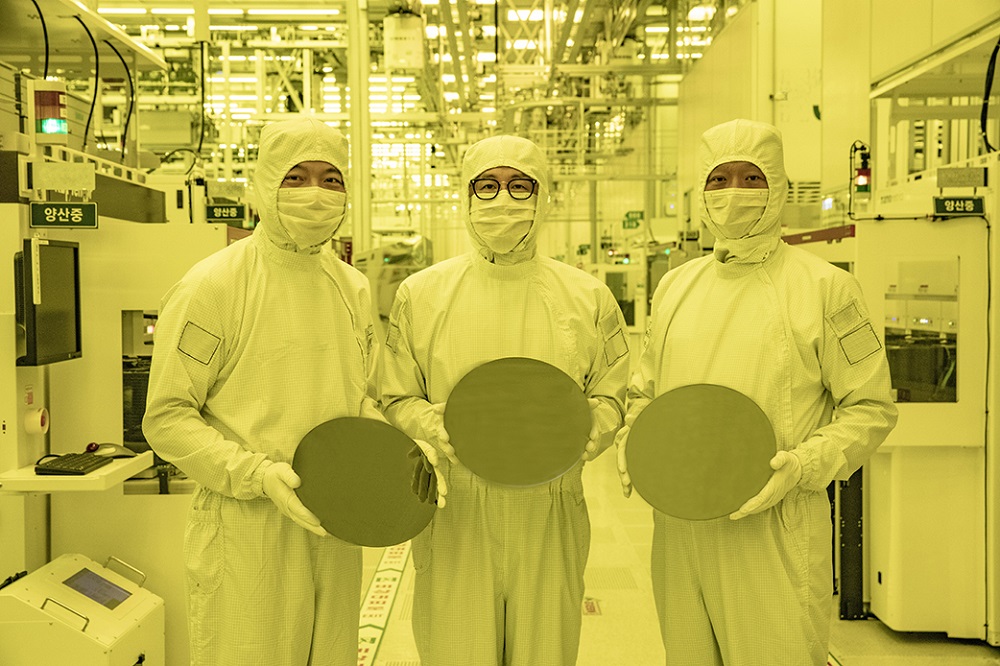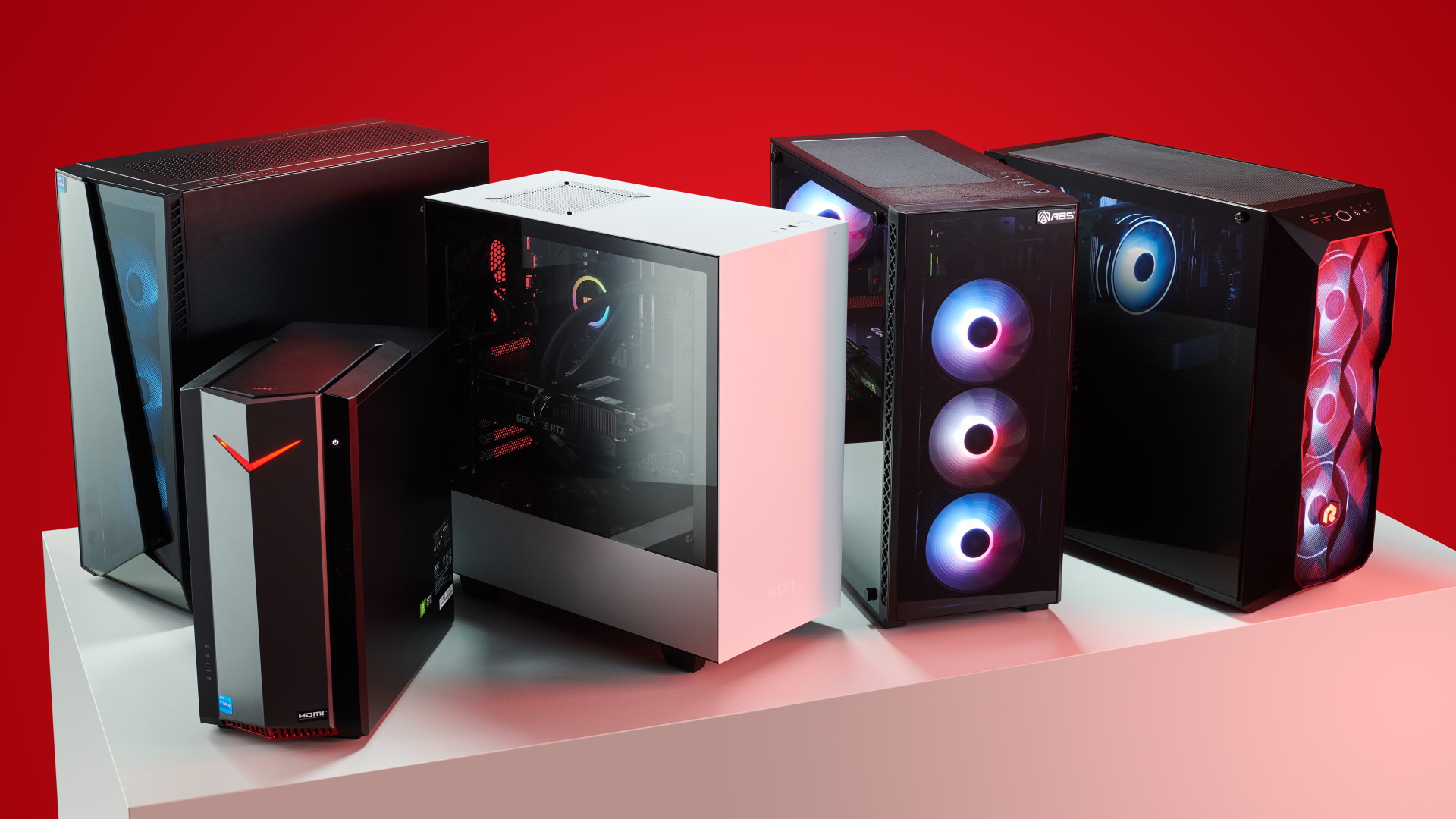Samsung predicts a bumper 2024, forecasting a 900% increase in profits for the first three months of the year
It's good news for investors and the chip industry, but it's still half the amount that TSMC is making

The second largest chip manufacturer in the world, Samsung, has announced its forecast for the company's first quarter results of 2024. While it's only expecting a reasonable 8% increase in sales, compared to this time last year, operating profits are expected to improve by more than 900%—from a mere half a billion dollars up to an enormous $4.9 billion.
Unfortunately, the forecast doesn't go into any details as to why Samsung's fortunes have dramatically changed, but its financial report for 2023 gives some clues. A sizable portion of its sales income is down to the success of Samsung's memory division, accounting for roughly one third of all sales.
Peel apart the innards of a typical gaming PC and you'll stand a good chance of seeing Samsung memory chips plastered all over it—GDDR6 used for the VRAM on the graphics card, DDR4 or DDR5 for the system memory, and possibly NAND flash chips in SSDs. In the case of DRAM, Samsung leads the industry, with a 40% market share, with competitors SK Hynix and Micron taking second and third place respectively.
It's not quite as good news for the foundries churning out processors, despite having a backlog of orders. It was reported last year that Samsung was struggling to make its new 3nm GAA (Gate All Around) process node work well and until it does, any money invested in research and development won't get covered in sales.
Meanwhile, chief rival TSMC is forecasting that the first quarter of 2024 will be more of the same—a healthy $18.9 billion of net revenue and a big operating margin of 42%. The Taiwanese chip firm manufactures pretty much everything for AMD and Apple, the majority of Nvidia's products, and around 30% of all the silicon wafers that Intel needs.
Against such dominance, you might think that Samsung stands no chance, but don't forget that it makes some of the best display panels for gaming monitors you can buy, and it's one of the few manufacturers of HBM3e—an ultra-high bandwidth memory that AI and compute mega-processors, like AMD's MI300X and Nvidia's H100 and B200 all use.
Later this year, we can likely expect to see new graphics processors from AMD, Intel, and Nvidia, and some of these are probably going to be using the next generation of VRAM chip, GDDR7. With so few companies making this kind of graphics RAM, Samsung seems set to receive countless orders from Asus, Gigabyte, MSI, and the rest.
Keep up to date with the most important stories and the best deals, as picked by the PC Gamer team.

Best gaming PC: The top pre-built machines.
Best gaming laptop: Great devices for mobile gaming.
There's also the fact that TSMC's order books are in high demand, especially for its latest process nodes, and there's a good chance that AMD and Nvidia may turn to Samsung to fabricate older, low-end GPUs to the supply of them ticking along nicely.
Whether that comes to pass is anyone's guess right now, but it's clear that Samsung is expecting great things to happen this year, be it memory, processors, or any one of its products in its expansive portfolio.
A successful Samsung is a good thing for the chip industry, as it will help to keep the market competitive, which should result in decent prices and availability for the end consumer.
Let's hope that's just not wishful thinking on my part.

Nick, gaming, and computers all first met in 1981, with the love affair starting on a Sinclair ZX81 in kit form and a book on ZX Basic. He ended up becoming a physics and IT teacher, but by the late 1990s decided it was time to cut his teeth writing for a long defunct UK tech site. He went on to do the same at Madonion, helping to write the help files for 3DMark and PCMark. After a short stint working at Beyond3D.com, Nick joined Futuremark (MadOnion rebranded) full-time, as editor-in-chief for its gaming and hardware section, YouGamers. After the site shutdown, he became an engineering and computing lecturer for many years, but missed the writing bug. Cue four years at TechSpot.com and over 100 long articles on anything and everything. He freely admits to being far too obsessed with GPUs and open world grindy RPGs, but who isn't these days?

